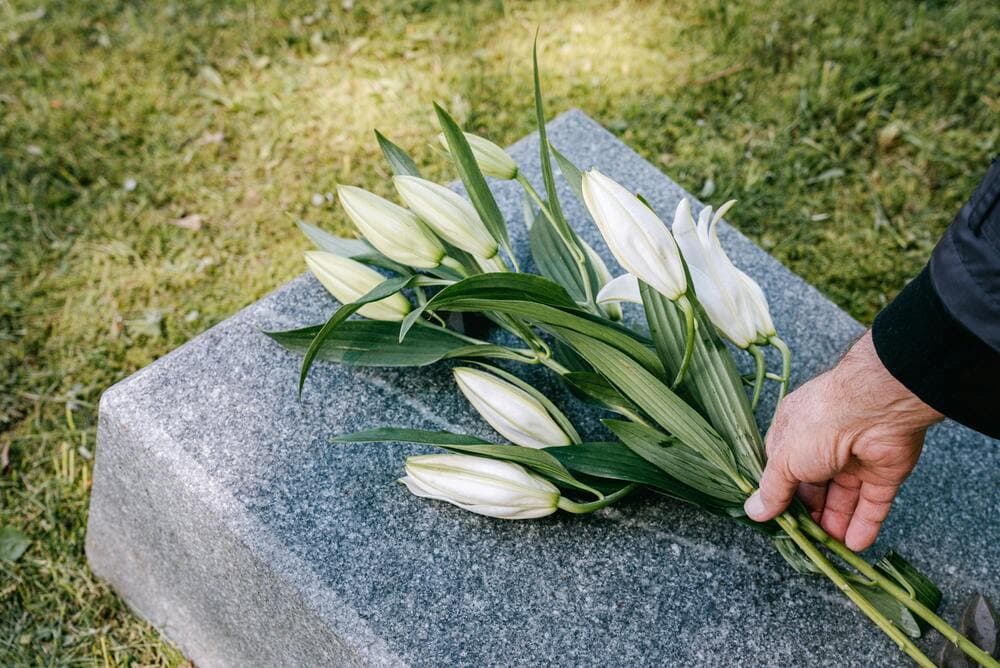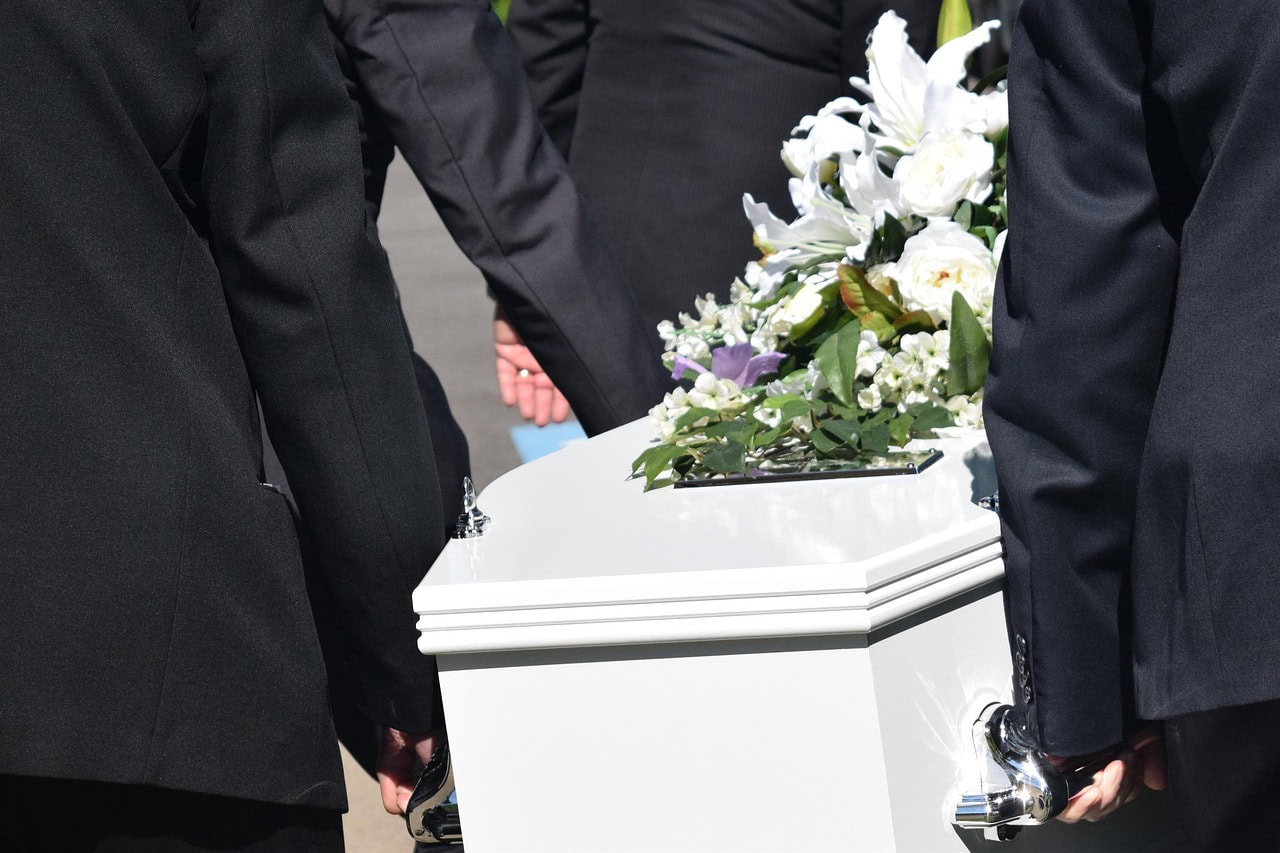Introduction:
In the intricate tapestry of cultural diversity, a Funeral Wake In Chinese wake stands as a poignant reflection of the emotional journey that accompanies farewells. This exploration delves into the nuances of navigating emotions during a Chinese funeral wake, offering insights into the cultural rituals and heartfelt expressions that characterize this solemn event.
-
Communal Mourning:
A Chinese funeral wake is a communal space where family, friends, and acquaintances come together to mourn the departed. The atmosphere is marked by a blend of sorrow and shared memories, creating a supportive environment for grieving. This communal mourning fosters a sense of connection and solidarity among attendees as they navigate the emotional landscape of loss.
-
Rituals of Remembrance:
Chinese funeral wakes are imbued with rituals that pay homage to the departed and honor their memory. Mourners participate in practices such as burning incense, offering prayers, and making symbolic gestures, creating a collective space for remembrance. These rituals provide an emotional outlet for expressing grief and allow mourners to actively engage in honoring the life that has passed.
-
Expressions of Condolences:
Expressing condolences is a significant aspect of the emotional journey at Funeral Wake In Chinese. Mourners offer words of comfort and support to the bereaved family, sharing stories and memories of the departed. This exchange of condolences becomes a channel for emotional release, allowing individuals to connect through shared grief and find solace in the presence of others.
-
Navigating Cultural Traditions:
Chinese funeral wakes often adhere to cultural traditions that guide the emotional expression of grief. From wearing somber attire to observing specific mourning periods, these traditions offer a structured framework for navigating the emotional journey. Respect for cultural customs becomes an integral part of the collective mourning experience.
-
Ceremonial Farewell:
The conclusion of a Chinese funeral wake is marked by a ceremonial farewell, where mourners may pay their final respects to the departed. This emotional moment is often accompanied by rituals such as the closing of the casket or the transfer of the deceased to the funeral procession. The ceremonial farewell serves as a poignant closure to the wake, allowing individuals to bid a symbolic farewell to their loved one.
-
Supportive Networks:
Emotional support is woven into the fabric of a Chinese funeral wake through the presence of supportive networks. Friends and family play a crucial role in offering comfort, whether through a reassuring touch, a shared tear, or a simple presence. This network of support becomes a lifeline for individuals navigating the complex emotions of grief.
Conclusion:
In embracing the emotional journey at Funeral Wake In Chinese, individuals find solace in the collective expression of grief, the richness of cultural traditions, and the support of those who share in their sorrow. Navigating emotions becomes a shared experience, weaving a tapestry of remembrance, support, and resilience. As we explore the intricacies of a Chinese funeral wake, we discover a profound acknowledgment of the emotional landscape that accompanies farewells—a landscape where sorrow and support intertwine, creating a space for healing and honoring the journey of those who have departed.



